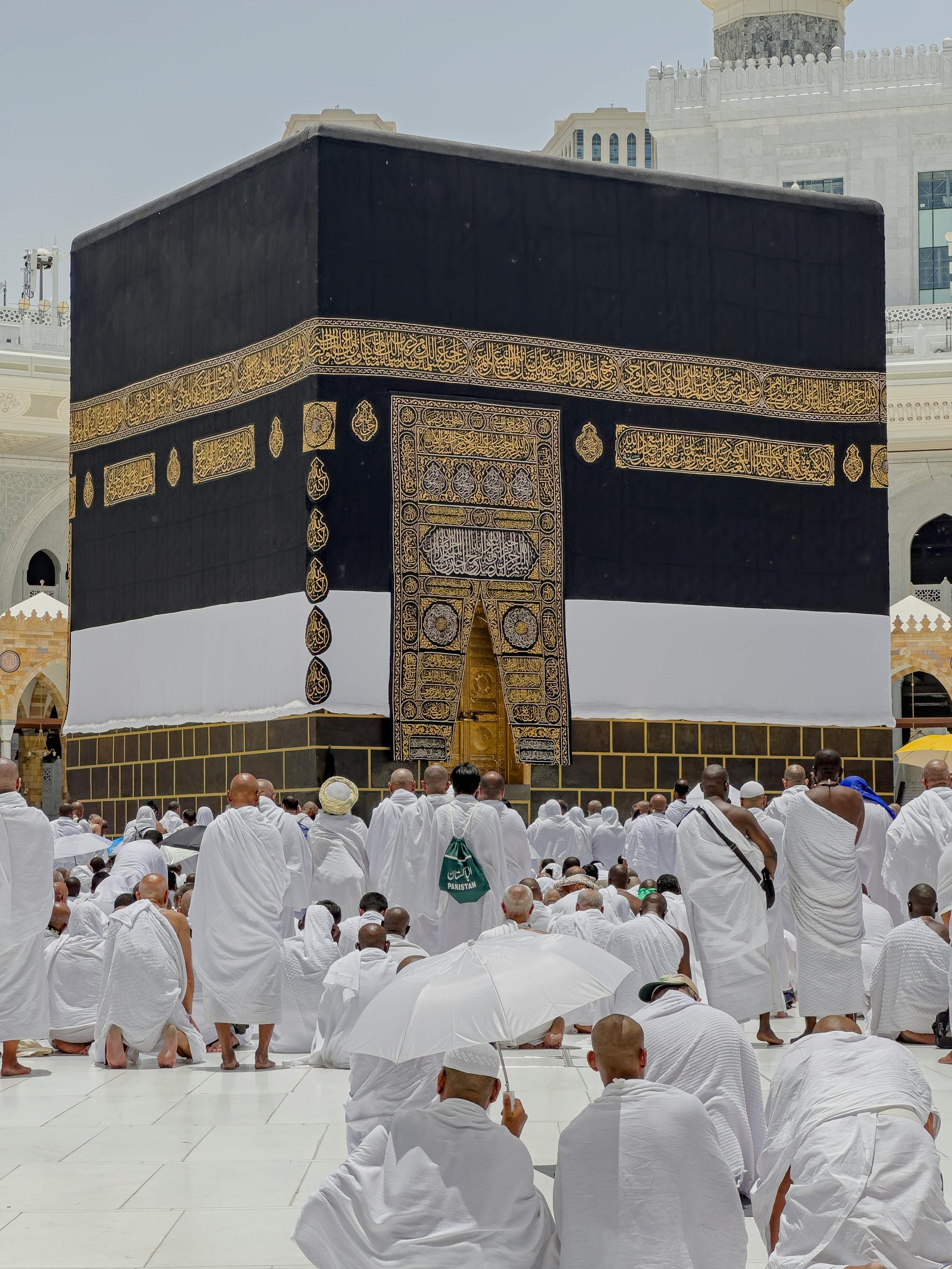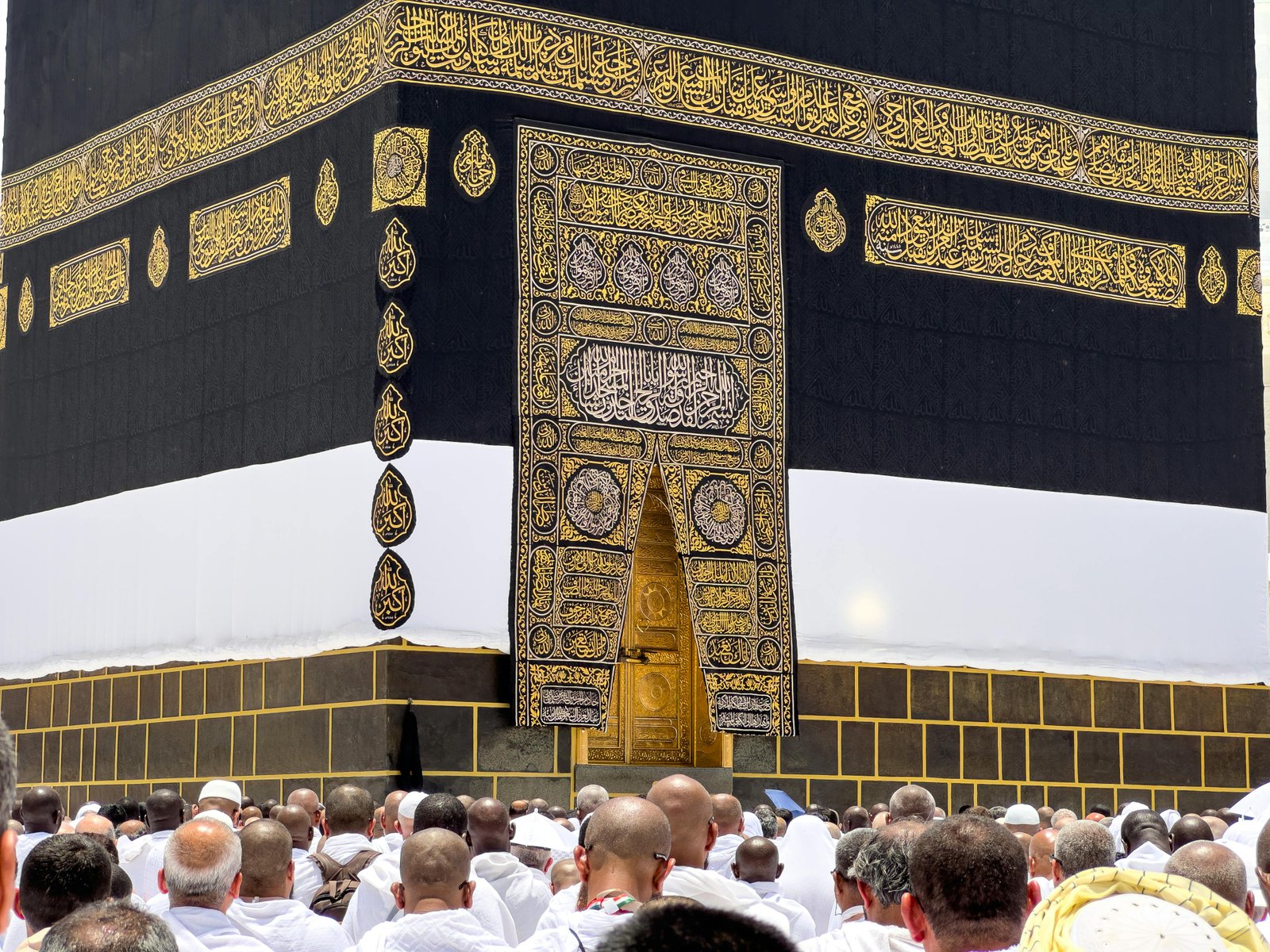Criticizing “Hajj Selfies” Can Also Be Riyaa
قد يكون الصمت في موضع ما صمتٌ من إخلاص، ولكن يكون ذلك الصمت تكلّفا وتصنّعاً ونفاقاً عند آخروقد يكون الكلام في موضع ما دلالة على الرياء، ولكن يكون ذلك الكلام في نفس الموضع كلام من إخلاص عند آخرفلا تشغل نفسك بالأشكال أمام الناس، واشغل نفسك بهيئة قلبك أمام الله.

i.ytimg.com
It could be that someone exhibits silence that is out of sincerity, and that same silence could be acting and hypocrisy from another. And it could be that someone says words that are motivated by ostentation and showing off, and those same words could be said out of sincerity by another.
So do not busy yourself with appearances in front of people, rather stay focused on the state of your heart in front of Allah subḥānahu wa ta’āla (glorified and exalted be He).
When you give a Khutbah and you are complimented, what are you supposed to do? Keep your answer in mind because I’ll ask again at the end.
Everybody knows the correct answer and they know that certain things are perceived as arrogance or ostentation, so they avoid showing any slight idea of that because of how easily it can be perceived negatively.
You know that you cannot say “yeah I am pretty good actually” because that can be perceived as doing what you do for the wrong intentions and it is probably not spiritually safe to say to begin with. And so, a list of typical responses to compliments is what we usually respond with: things like “JazakAllah khair”, “Alhamdulillah”, “keep us in your duaa”, “astaghfirUllah”, or even “may Allah subḥānahu wa ta’āla (glorified and exalted be He) keep us sincere” are the typical responses that you would think one should respond to praise with.
Is there anything wrong with those responses? Absolutely not. However, what we forget is that sometimes, although we are saying what should be said, it does not indicate that we actually mean it. It is very possible that we respond to these things in the way that we do because this is generally what “the sincere person” would do, and not because we are actually sincere. Basically, if someone praises my work, and then I reply with humility and humbleness, I have just gained that many more points with them and possibly have got them to perceive me as sincere. In essence, this shows us that replying with the words of sincerity may actually be the greed of our nufoos seeking to satisfy its ego.
Person A and Person B both enjoin good and forbid evil. Person A is sincere, and Person B is not. There is absolutely no difference in the content of their words, and in fact, there may not be any difference in the effect on people; they may both impact the people very much. However in one, the words stemmed from a heart seeking Allah subḥānahu wa ta’āla (glorified and exalted be He)’s pleasure; and in the other, the heart was seeking the people. Is this not a possible scenario?
Two people can be humble, and one can be sincere and one may not be. This is a possibility that we seem to have a hard time grasping although it is very simple. There may be someone who cries during their speech who is not sincere, there may be someone who is shy who is not sincere, there may be someone who is patient with someone cursing at them who is not sincere, and there may be people who look sincere but are simply not sincere.
“Indeed Shaytan is to you an enemy, so actively take him as your enemy.”
It is not enough to passively realize that we need to avoid the terrible desires of the nafs like seeking praise and showing off our goodness for the sake of people. It is something active: both internally and externally, publicly and privately. Sincerity needs to be something exhibited not just in preventing bad character in private, but in ensuring that the good character, whether private or public, is solely for the sake of Allah. In fact, one of the most subtle tricks of Shaytan is that he pushes us to be good in private with the intention that if the people knew how good we were in private, surely they would attest to our genuine righteousness. Yes, it is that complicated.
This pushes me to realize that sincerity is something that manifests in our speech and in our silence. It is complex and it is exists at more levels than we think. I notice people putting too many blanket statements on the concept of ikhlaas, although it is truly not a one-size-fits-all phenomenon. For some people, maybe retweeting praise is in fact riyaa’, but for others, some are actively doing that to spread work that may be beneficial.
To some, retweeting praise may be the same idea as posting pictures of a successful event, to spread awareness about the event and garner more attendance for the next event. The same goes for Hajj selfies, or any other act on social networking.
Just because the action itself seems like it is along the lines of insincerity, does not necessarily mean that the person did not actively work hard internally to ensure that it is sincerely for the sake of Allah. How we can just assume that a concept as abstract as ikhlaas can easily be defined within the constraints of saying this specific phrase or not doing this specific action is beyond me.
It is especially baffling specifically after hearing the wise words of Sufyan Ath-Thawri [rahim] who said: “There has never been anything more difficult on me than the affixing of my intention, for indeed it flips on me.” If someone of his stature struggled with affixing his intention, how can we even possibly define it with a list of do’s and don’ts, let alone label sincerity and insincerity with others?
We should not. Because we really don’t know. The matter of sincerity is a matter of internal criticism. I completely agree that we should bring it to people’s attention that things are more likely to push you towards loving the praise of the people and thus losing out on so much reward. However, at the same time, we should really know our limits.
Because even if someone does what we perceive as insincerity within ourselves, it does not mean that it is insincere from them. Also, it is extremely important to note that our criticism of such actions may also stem from the intention of knowing that the majority of the general public will agree with us, and so even the act of criticizing “hajj selfies” and “praise retweets” itself can be a criticism stemming from riyaa’.
If the logic works one way, then I believe the inverse also applies. Basically, if two people can do the same good action and one of them can be insincere; two people can do the same spiritually questionable action and one of them can be sincere.
So again, when you give a Khutbah and you are complimented, what are you supposed to do? The answer is: to be sincere. Not do this or say that, simply be sincere. How that works for you is different than how that works for me; so may Allah subḥānahu wa ta’āla (glorified and exalted be He) keep us all sincere.
Words of wisdom may come from a sincere heart in one person,
and those same words could be said ostentatiously by another
Beautiful silence can originate from a sincere intention
and that same silence in another can be ostentation
“Say (O Muhammad ṣallallāhu ‘alayhi wa sallam (peace and blessings of Allāh be upon him)): I do not ask of you [for this] any reward; and I am certainly not of the pretentious!”




